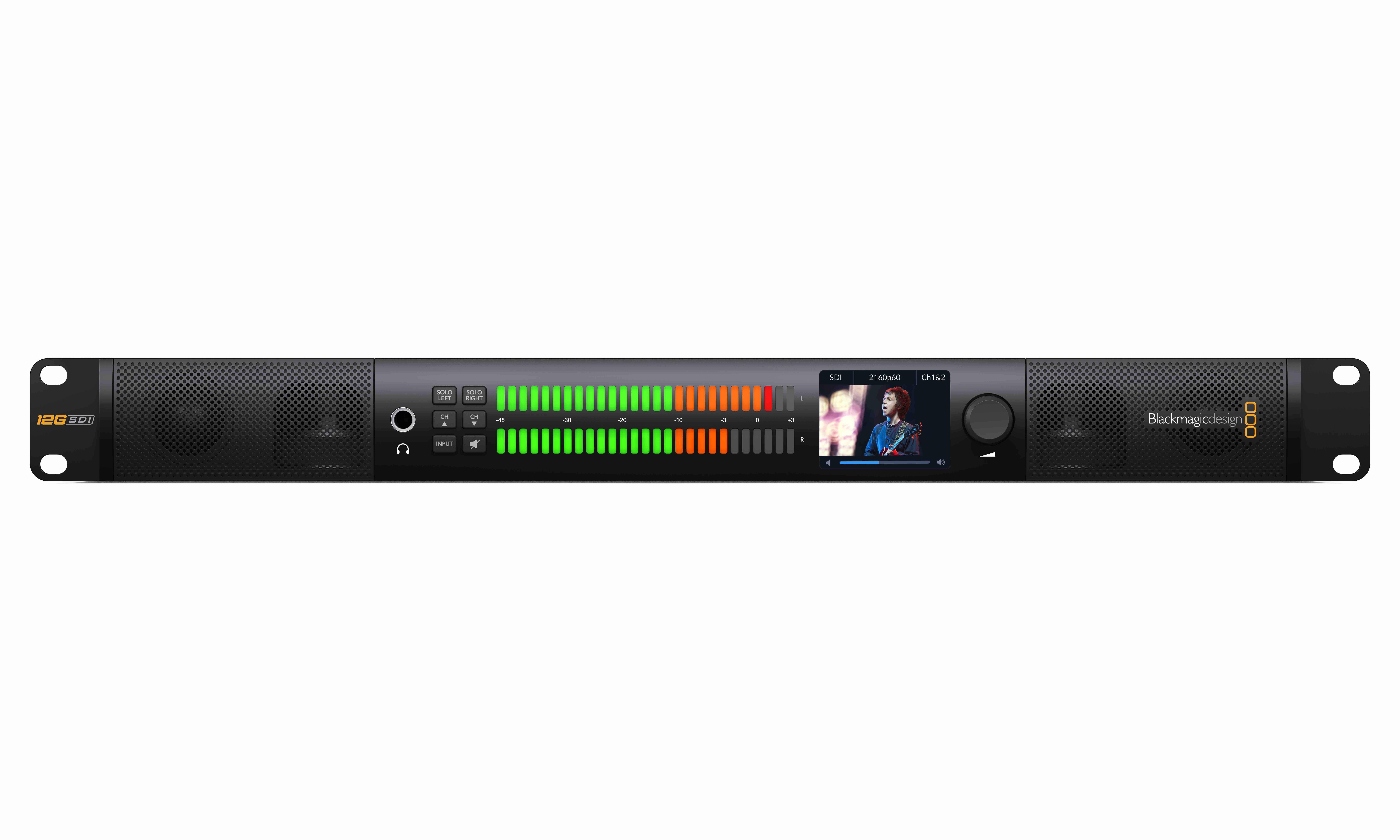THE SECRET DEATH of a salesman
Nov 1, 2000 12:00 PM,
Nathaniel Hecht
What is happening to customer service these days? As companies replace their service personnel with a web presence, it seems that we are paying more while getting less for our money, and the companies cut costs by eliminating expenses. Part of that so-called savings plan is the loss of human customer service contact at a growing number of companies.
Although there are many examples, the one I wish to highlight is the secret plight of the independent sales representative (ISR). As companies and distributors re-align their relationships through partnerships or buyouts, the independent sales representative force that has traditionally brought the products to the marketplace has had to evolve with them. The problem is that evolution, in many cases, has led to extinction for these valuable professionals.
For those unfamiliar with the ISR, every manufacturer in our business must bring its product to market. The most traditional method has been to use ISRs in different geographic sectors of the country. It is the role of these organizations to demonstrate and effectively close sales to the retail stores and contracting organizations in each region who will, in turn, resell the product to their clients and customers. Teetering on the precipice between their customer (the independent retailer or installation professional) and the manufacturer they represent, ISRs are the eyes and the ears on the street, the glue that often cements a deal due to long-lasting and trusting relationships developed over years of working with customers in the field.
It may be easy to think that the elimination of these professionals from the food chain would reduce the price of doing business across the board. ISRs do make anywhere from 3% to 11% of the sale, depending upon the type of product, but the reality is that when a company removes an ISR, it usually keeps the extra profits for its own coffers.
When the ISRs go away, we lose not only a trusted professional who makes his living by steering dealers in the right direction in choosing products for different applications, but also a valuable, irreplaceable customer-service. Because the ISR has direct access to the company for which he works, he can often answer questions about a product quickly because he knows where to get the answers. ISRs are also normally residents in the areas they represent. Consequently, ISRs are often the first to know about new municipal projects, church contruction and retrofitting, new schools and other lucrative jobs requiring A-V installation. The ISR is often the only interface that contractors and dealers have to answer questions about products before calling the company directly. Do representatives make a great deal of money? Absolutely, and they earn every penny of it.
I’m not saying that web-based information isn’t a good way to manage the huge amount of data through which people have to wade, but it is neither a panacea nor a substitute for personal interaction. A balanced approach with both people and computers is certainly better. What I have seen happen repeatedly, however, is that the customer gets hurt by the removal of the ISR. What can you do about it? If you have a great ISR who has helped you succeed, write a letter to the marketing and sales department of the company he represents to voice your appreciation. Another possibility is to send the message by voting with your dollars and buying a different product, but let the company in question know that those are your plans. If enough customers feel the same way and act upon it, then it might make all the difference in the world.










